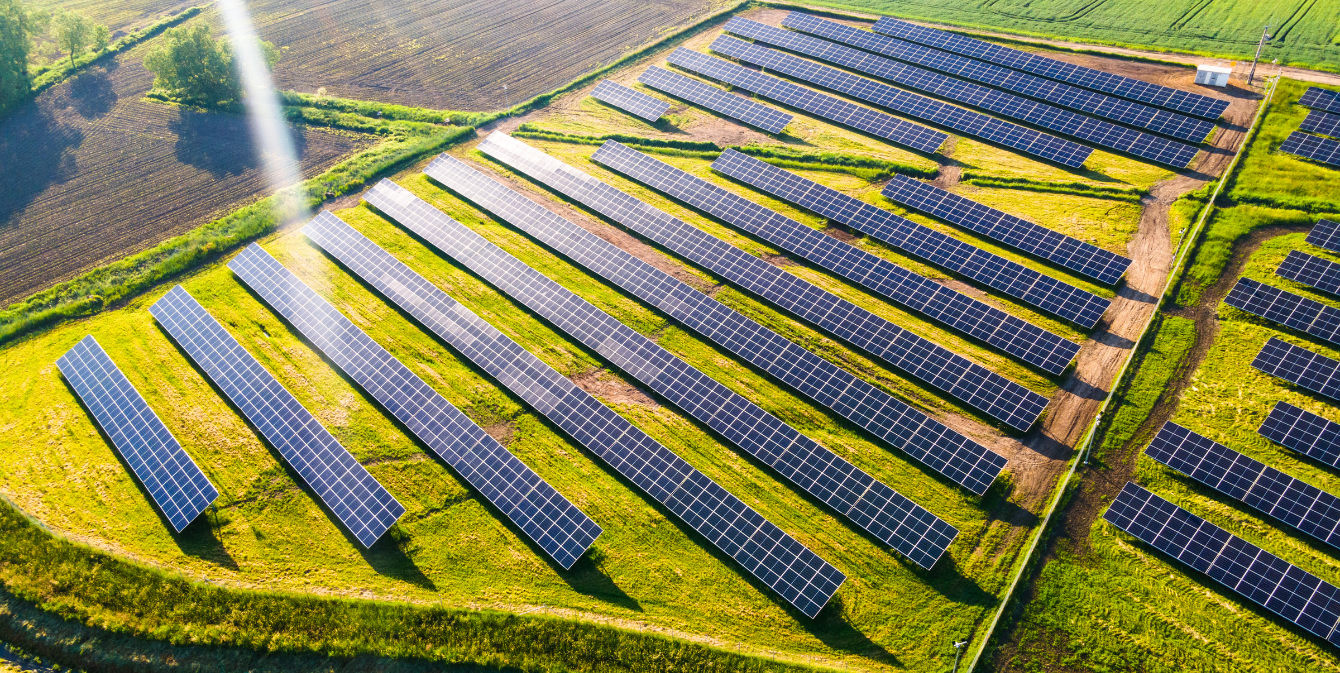Fact Sheet
Climate Justice Fact Sheet
August 2, 2023

Utility policy to decarbonize the power sector is fundamental to addressing the climate crisis, because so much of reducing greenhouse gasses requires electrifying other sectors, like transportation and buildings. Outdated utility regulations are keeping fossil fuels online and energy costs high. Fortunately, there are many ways to modernize the grid and utility management.
‘**’ indicates bipartisan support

Your donation funds the fight for equitable actions that protect the environment and our health.
Donate